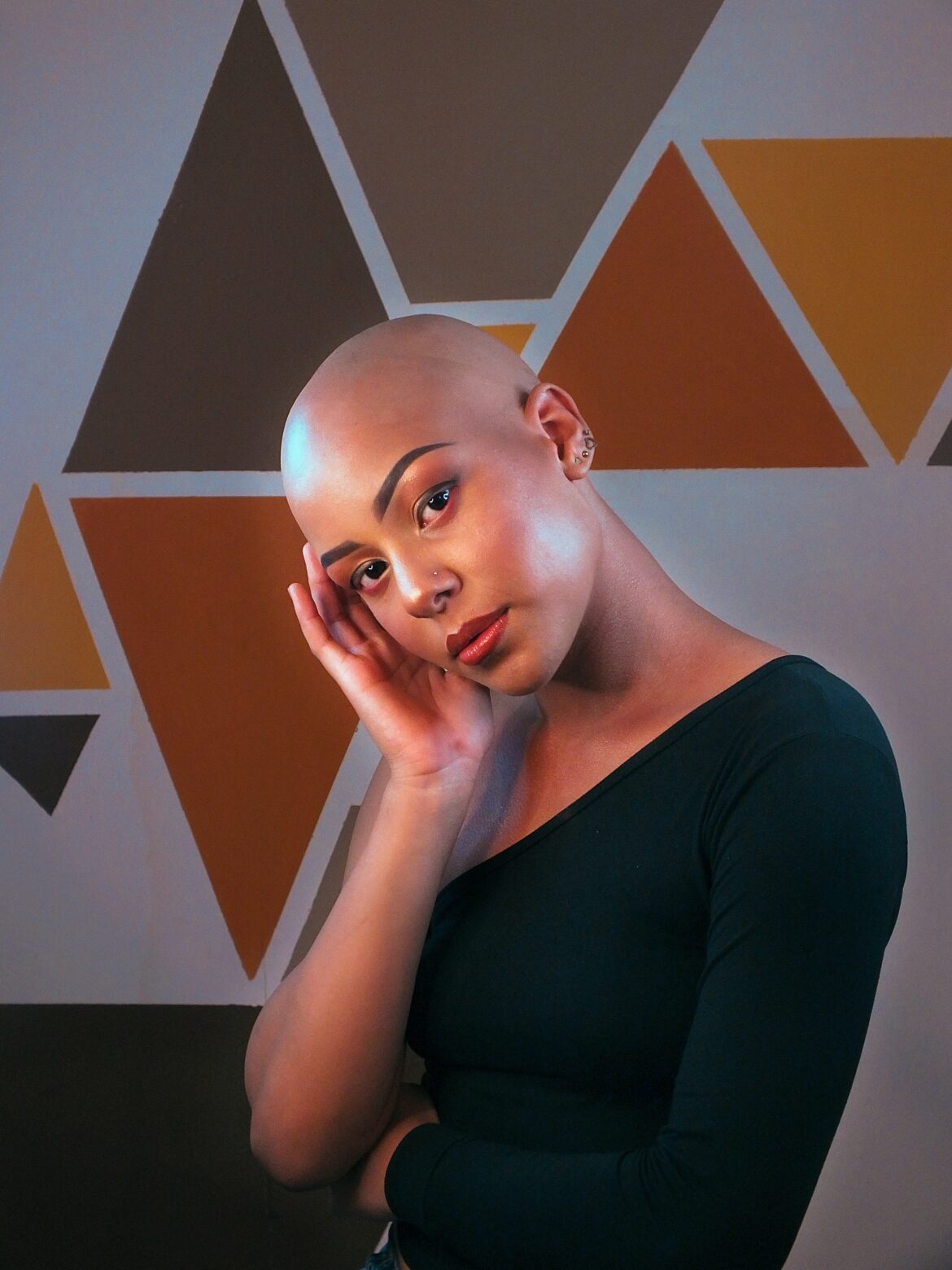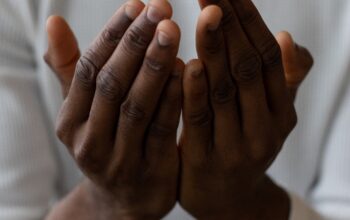Alopecia areata, or alopecia, is a condition that occurs when the immune system attacks the hair follicles. This causes swelling and results in hair loss. The most common type of alopecia (patchy alopecia areata) results in small patches of hair loss. Other types of alopecia may result in a loss of larger patches of hair on the scalp (alopecia totalis) and in rare but severe cases, a total loss of hair on the scalp and other parts of the body (alopecia universalis). As long as the immune system attacks the follicles, the hair will not grow back. There is no cure for this disease, but the hair may regrow in the areas impacted.
According to the National Alopecia Areata Foundation, about 700,000 Americans have some form of alopecia areata.2 Alopecia can impact individuals of all ages. African Americans are more likely to be impacted, and women are more likely to have the condition than men. Aside from the physical impact of living with this condition, those affected may also face great mental challenges. Patients with alopecia are at a greater risk for developing depression, anxiety, and other autoimmune conditions.
Alopecia and Black Hair
Black hair is notably different from other ethnic groups and its unique features allow Black women especially to create versatile hairstyles. Unfortunately, many of these popular hairstyles can be harmful and cause damage to the hair and scalp if not installed and cared for properly. The science points to the structure of Black hair being more likely to be damaged by breakage than other ethnic groups. This is due to the chemical makeup of Black hair which tends to be drier and more brittle due to its spiral structure.
Impact on the Black Community
It is important to differentiate between alopecia areata which is an autoimmune condition and traction alopecia which is preventable but also common in Black women. Traction alopecia is caused by long-term use of hairstyles such as braids, dreadlocks, extensions, and weaves that create tension on the hair and result in hair loss. Most of the risks associated with developing this type of hair loss are in individuals with relaxed or chemically treated hair, but those with natural hair may also be affected.
How Can You Live Empowered with Alopecia?
You’re probably thinking there’s nothing empowering about hair loss, but living empowered takes courage. Living with alopecia can be challenging, but you can live empowered by taking active steps to become stronger and more confident in your understanding of the condition and helping others do the same.
Be Proactive
While hair loss may be genetic and out of your control, you can prevent or slow down further hair loss by eating a balanced diet and avoiding added stress. Address other contributing health conditions such as anemia, low vitamin D levels, and abnormal thyroid levels which may also contribute to hair loss. Ensure protective styles such as braids and dreadlocks are loose and not kept in the hair for too long. Avoid chemical treatments or have them done by a professional and minimize heat styling.
Find Support
You may find it easier to cope with your diagnosis by connecting with others who are dealing with the same thing. Click here to find an alopecia support group near you.
Adults with alopecia are greater than 30% more likely to be diagnosed with depression and have anxiety. It is important to seek help from a mental health professional if needed.
Participate in a Clinical Trial
African Americans are underrepresented in clinical trials.7 Clinical trials allow researchers to contribute to improving quality of care and identifying and researching better treatment options. Alopecia clinical trials can help researchers gain more knowledge about the condition including understanding how to measure seriousness of the disease and what causes the disease. Increasing African American participation in alopecia clinical trials can help researchers investigate disease triggers, possibly develop more effective treatments, and evaluate the safety and effectiveness of long-term treatment options.
Interested in learning more about clinical trial participation? Click here for more information on participating in a Bristol Myers Squibb clinical trial, and visit BMS Study Connect to determine if you are eligible to participate in a BMS alopecia clinical trial.
This article was created together with and is funded by Bristol Myers Squibb.
References:
NIH – Alopecia Areata
National Alopecia Areata Foundation
Journal of the American Academy of Dermatology – Racial Characteristics of Alopecia Areata in the United States
NIH – National Library of Medicine. Epidemiology and Burden of Alopecia Areata
NIH – ⦁ Black women’s hair: the main scalp dermatoses and aesthetic practices in women of African ethnicity
Johns Hopkins Medicine. Hair Loss in Black Women: Tips from an Expert
Journal of Investigative Dermatology. Broadening Diversity in Alopecia Areata Clinical Trial Participants
The post Living Empowered With Alopecia appeared first on Black Health Matters.



